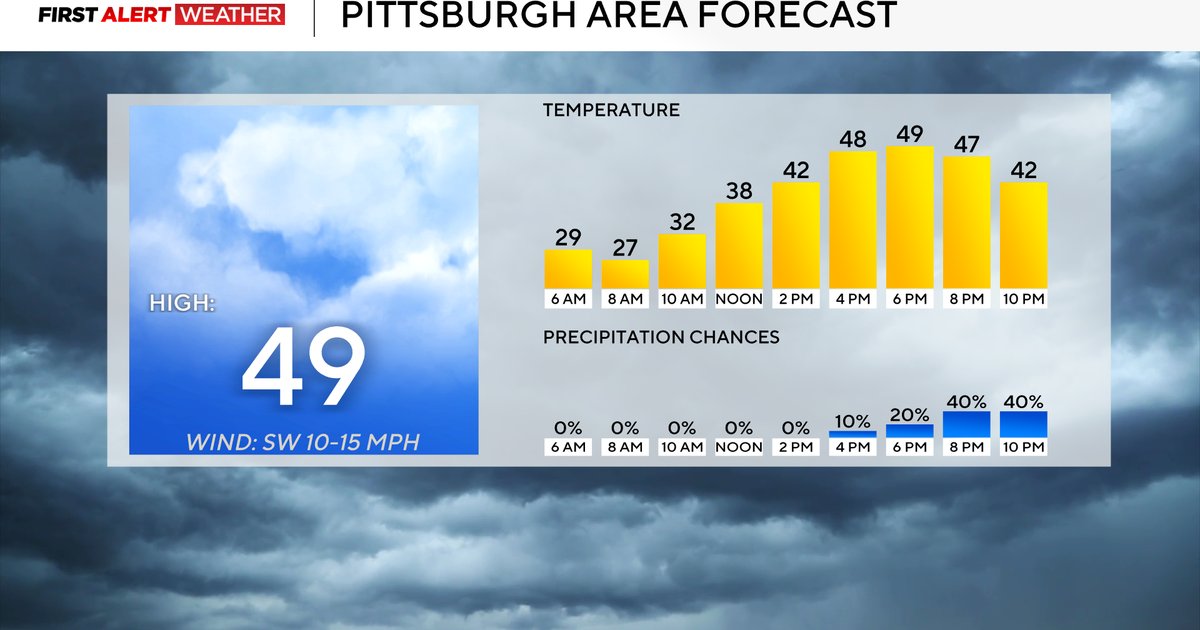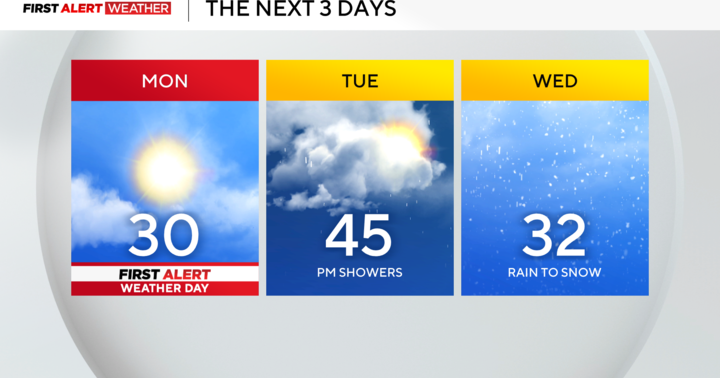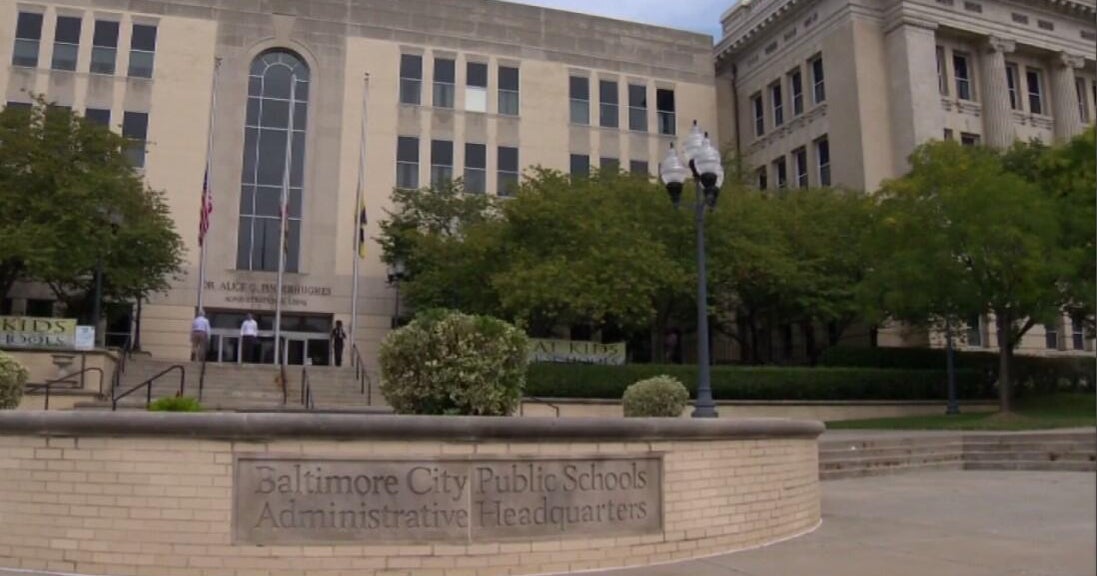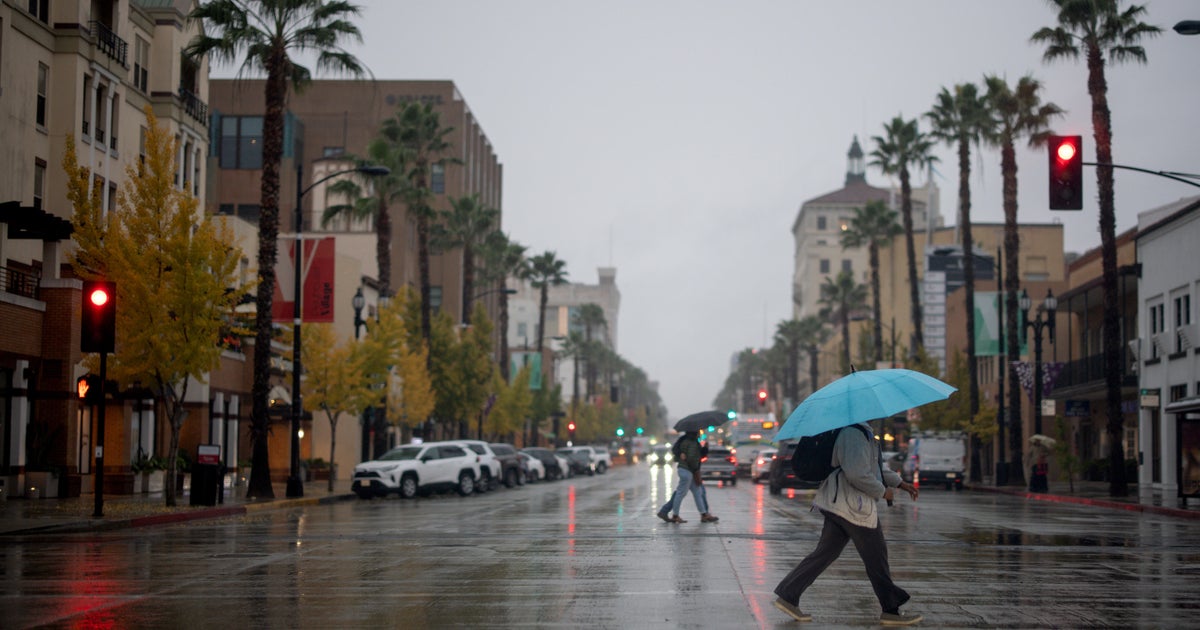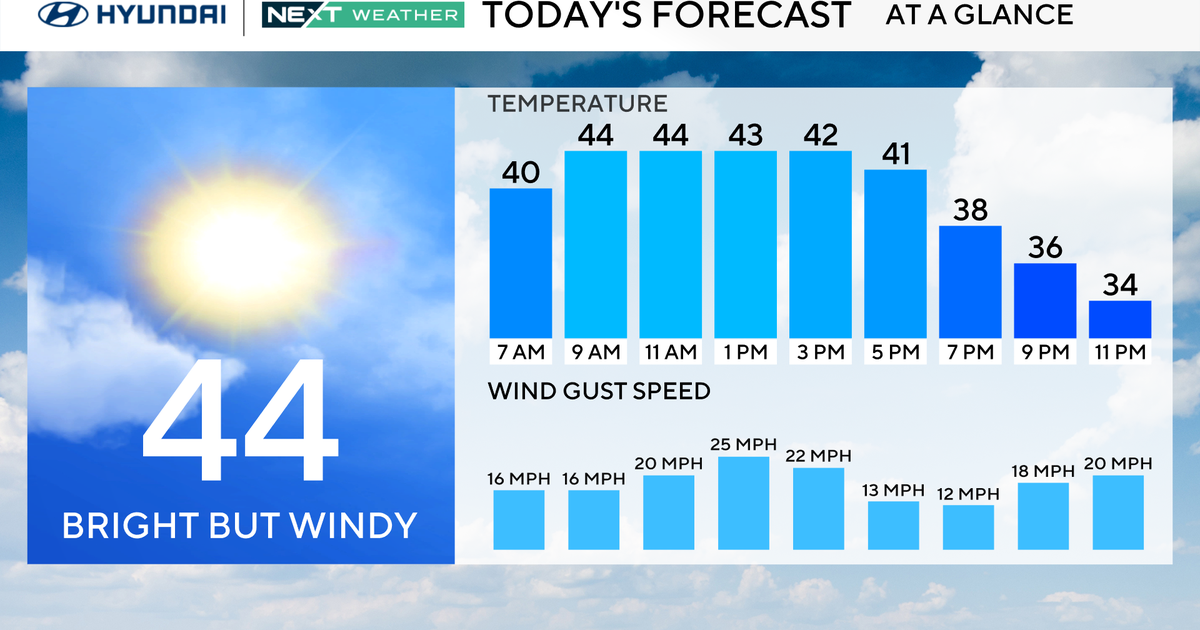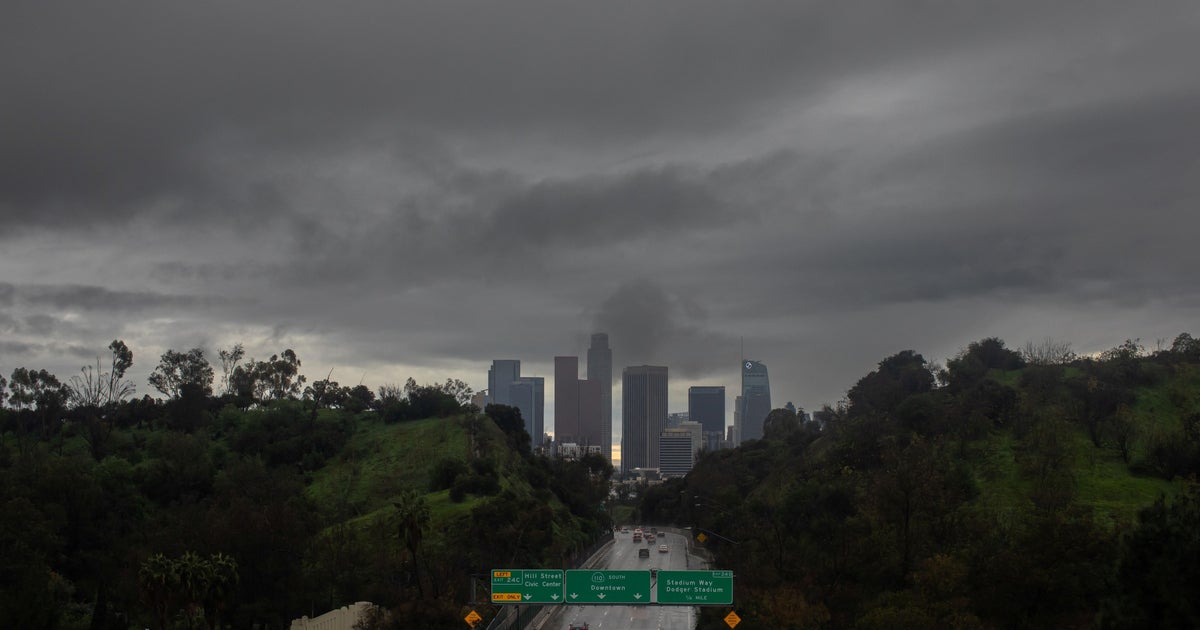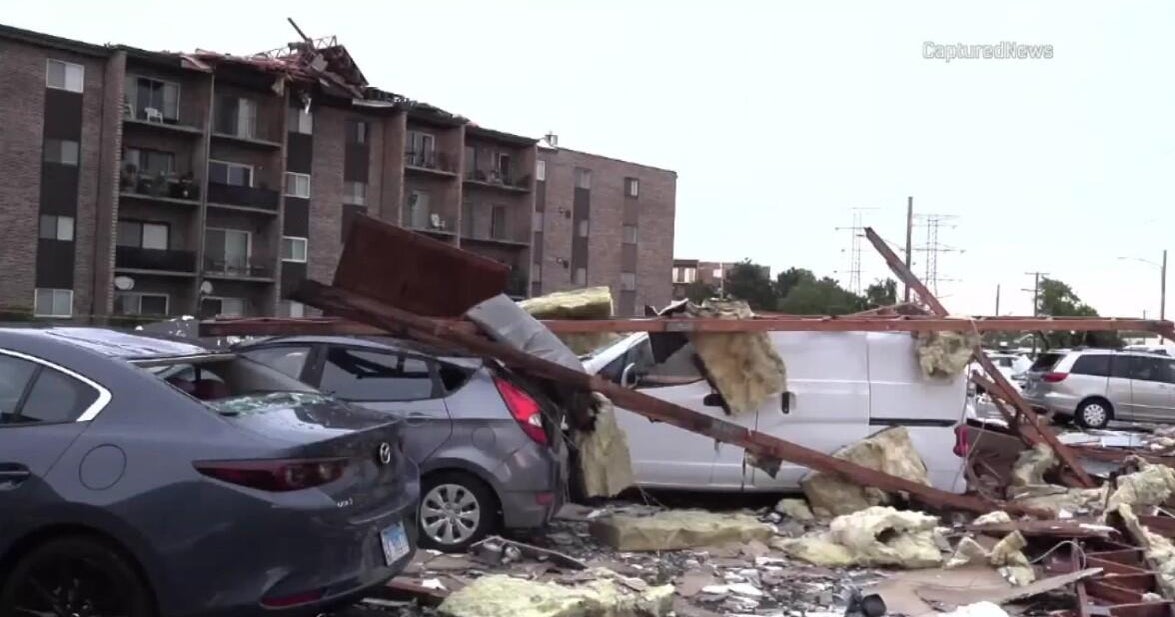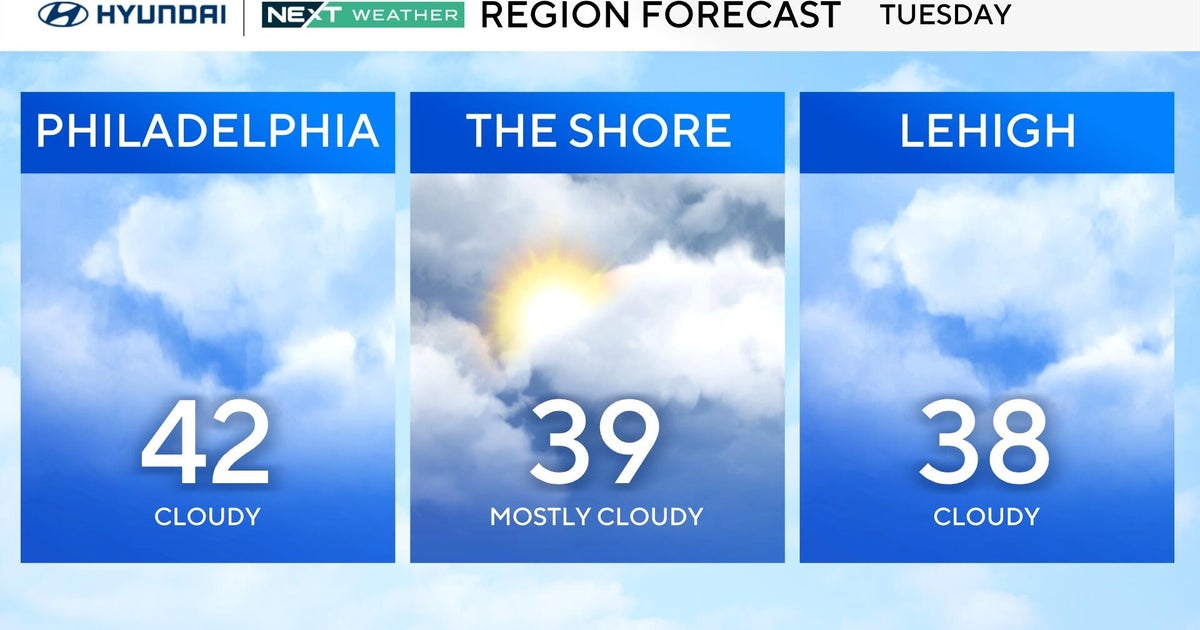Hey Ray: What is the difference between cyclones, hurricanes, and typhoons?
PITTSBURGH (KDKA) - We received a question from Rich. He asks, "Hey Ray, what is the difference between a hurricane, typhoon, and cyclone"? These are terms that seem to be used interchangeably.
Let's answer this in parts, starting with the definition of "cyclone".
A cyclone is a term that describes a weather system that rotates in the same direction as Earth is rotating. All hurricanes and typhoons are cyclones, but so are tornadoes and winter storms.
It is sort of a generic term that describes these rotating systems. Obviously, some are worse than others, but they're all cyclones.
At this point, you are probably realizing that a typhoon and a hurricane are the same things with different names.
They're both tropical cyclones. They both rated on the Saffir-Simpson Scale to estimate the wind damage potential. They both start off as tropical disturbances and become tropical storms.
From there, they are called something different.
So what determines what they are called?
It is their location.
Tropical cyclones that have wind speeds of 74 mph or greater become a hurricane when they occur in the North Atlantic Ocean, Gulf of Mexico, North Pacific, and Eastern North Pacific Oceans.
Now if a tropical cyclone reaches 74 mph or greater in the Northwest Pacific Ocean, it is called a typhoon.
There are other regional names for tropical cyclones, too.
If a tropical cyclone occurs in the Indian Ocean, they are referred to as just a tropical cyclone.
In the China Sea, they are called a Baguio (bag-EE-OH), and in Australia, a tropical cyclone is called a Willy Willy.









